|
The Trojan War. Everyone knows at least the kernel of the story: Prince Paris of Troy abducted Helen, Queen of Sparta. Incensed, the Greeks gathered a giant army, landed at Troy and besieged the city for 10 years. You might know of the legendary characters: Hektor, Achilles, Priam, Odysseus. Or the factions - the Amazons, the Myrmidons, the Elamites and many, many more. But there is one almighty whopper of a 'faction' that is not mentioned at all in Homer's Iliad. The Hittite Empire - not just an ally of Troy, but her behemoth overlord. You see, the Trojans, plus many of her allies, were for centuries in the Late Bronze Age, merely vassal kingdoms, serving the Hittite Emperor. The near east map of the Late Bronze Age, below, puts some perspective on this. Note: 'Ahhiyawa' was the Hittite name for Homer's Greeks/Achaeans. So where were the Hittites in Troy's hour of desperate need? Homer's Iliad does not even contain a passing reference to them. This is akin to Latvia and Estonia going to war and nobody ever mentioning Russia. However, The Iliad covers just a few months in the 10th and final year of the Trojan War, ending with Hektor's funeral. The things that happened between then and the actual end of the war – the coming of the Amazons and the Elamites, the deaths of Paris and Achilles, the horse, the sacking of the city et al – survive only in the tantalising fragments of the other ancient texts that make up what is known as The Epic Cycle. Regardless, as fragmentary as those texts may be, none of them mention the Hittites either! What’s going on there? One theory is that the Hittite Empire had collapsed by the time of the Trojan War. However, we know that the Greek world collapsed before or at roughly the same time as the Hittite world, so if the Hittites were gone, then so too must be the Greeks, and how could there be a Trojan War then? And even if the end of the Hittite Empire preceded the fall of Homeric Greece by several years, one would expect there to be at least an echo of the Hittites in The Iliad - successor or splinter empires, that kind of thing Most likely, I think, we are looking too hard and too literally at The Epic Cycle texts for a mention of the Hittites. After all, the name ‘Hittite’ didn’t actually exist in the Late Bronze Age. The Hittite people actually referred to themselves as ‘The People of the Land of Hatti’. More, Egypt knew them as ‘The Khetti’. And that’s where one theory arises: Odyssey, the tale of the Greek hero Odysseus’ tumultuous and circuitous voyage home, contains a passage of exposition about the war which mentions the arrival at Troy of a small force known as ‘The Keteioi’ who came to help the defenders.. In the final year of the war, following the death of Hektor, these 'Keteioi' turned up and became one of Troy’s last hopes. Could these Keteioi be the Hittites? It is a frustratingly flimsy deduction but intriguing nonetheless. Certainly, it seems more plausible at least than other wilder theories – that the Amazons were in fact the Hittites (owing to the Hittites' long, dark ‘feminine’ hair and shaved chins), or that a minor Trojan ally, the Halizones, were the Hittites. “Now as we have come to an agreement on Wilusa over which we went to war.” Onomastic similarities (similar-sounding names) aside, there is another compelling piece of evidence that the Hittites could have been at the Trojan War in some capacity. It stems from an excavated Hittite tablet known as the 'The Tawagalawa Letter', named after the brother of the Greek King to whom it was addressed. This tablet is dated to the reign of the Hittite King Hattusilis III (1267-1237 BC), and mentions a conflict over Troy between The Greeks and the Hittite Empire, roughly dating to 1260 BC. Could the 'Keteioi' of Odyssey and this 'Tawagalawa Letter' conflict be evidence that the Hittites took part in the legendary war? Perhaps. It is certainly not concrete evidence, but definitely intriguing. Now, if we work on the assumption that they were at the war, we must then ask why they made so little impact. The Hittite Empire was - only a generation earlier in 1274 BC - the greatest military power in the world, having just turned the mighty Pharaoh Ramesses and his Egyptian armies away from Kadesh in another of the Bronze Age's famous clashes. Surely the Hittite armies should have turned up at Troy and been able to steamroller the Greeks? To understand why this apparrently didn't happen, we must look a little closer into the goings-on in the Hittite Empire during the short gap between the wars at Kadesh and Troy... Around the time of the Trojan War, King Hattusilis III had only recently claimed the Hittite throne from his nephew, Urhi-Teshub. He decided to exile rather than kill the previous incumbent, though he must quickly have realised that this was a huge mistake. Many of the vassal kingdoms, sensing that the exile might be on the brink of returning in an effort to reclaim the throne – bringing war and retribution with him – wavered in their loyalty to King Hattusilis’ rule. Hattusilis was also plagued by jibes of illegitimacy from mocking foreign rulers. The Great King of Assyria – a rival empire – sent neither envoys nor gifts to Hattusilis coronation ceremony, and went as far as to label him as ‘A substitute for the real Hittite King’.
Sensing trouble, Hattusilis sought new allies. The greatest agreement of this kind was that which he struck with Ramesses II of Egypt. He and his erstwhile sparring partner from Kadesh agreed what is known as ‘The Eternal Treaty’ or ‘The Silver Treaty’, which laid out the conditions of a defensive alliance between the Hittites and the Egyptians. This effectively mitigated the huge threat posed by Assyria, and plausibly would have freed Hattusilis and his Hittites up to tend to the long unanswered call for help from Troy. Yet any force he might have taken to Troy would have been likely been severely depleted from the recent war to oust his nephew. This could tally with the attested small contingent that the Keteioi brought to the Trojan War. The Odyssey does not describe what the Keteioi went on to do upon their arrival. So I have taken up the challenge to tell the story on the premise that they were, in fact the Hittites. The Shadow of Troy tells the tale of the epic climax to the greatest war of all time.
3 Comments
Anne ROSS
11/5/2021 09:56:21 pm
Hi Gordon I am half way through the Shadow of Troy & loving every moment. You have given me fresh insight to story of Helen & Paris & Troy. Can't wait to see how our hero Hattu. gets out of the doomed city or if in fact he gets out at all when it falls. It's an exciting read & I enjoy the way your characters become real people. Another great read from the master, Well done
Reply
Gordon Doherty
1/6/2022 04:06:46 am
Thank you, Anne 😊
Reply
Ron Braithwaite
8/22/2022 02:57:15 pm
I agree that Homer's failure to mention the Hittites by even one of their several names, poses a real problem. Homer is excellent in describing a bronze-age world that disappeared hundreds of years before he 'struck his bloomin' lyre.' His descriptions of individuals important to his story, is harder to document, though. As we know, his geography of the area is very good as is his description of weapons, armor and adornment. Many of the Trojan allies mentioned in his 'Trojan Catalogue' is a record of peoples, tribes and small states that actually existed. Some of these--and perhaps Troy, itself--by location--should have been vassals or subjects of Hattusa. But the Hittites nor their capital city are never mentioned by Homer. Nor is it mentioned in the epic, non-Homeric literature.
Reply
Leave a Reply. |
AuthorGordon Doherty: writer, history fan, explorer. My Latest BookArchives
March 2023
Categories |
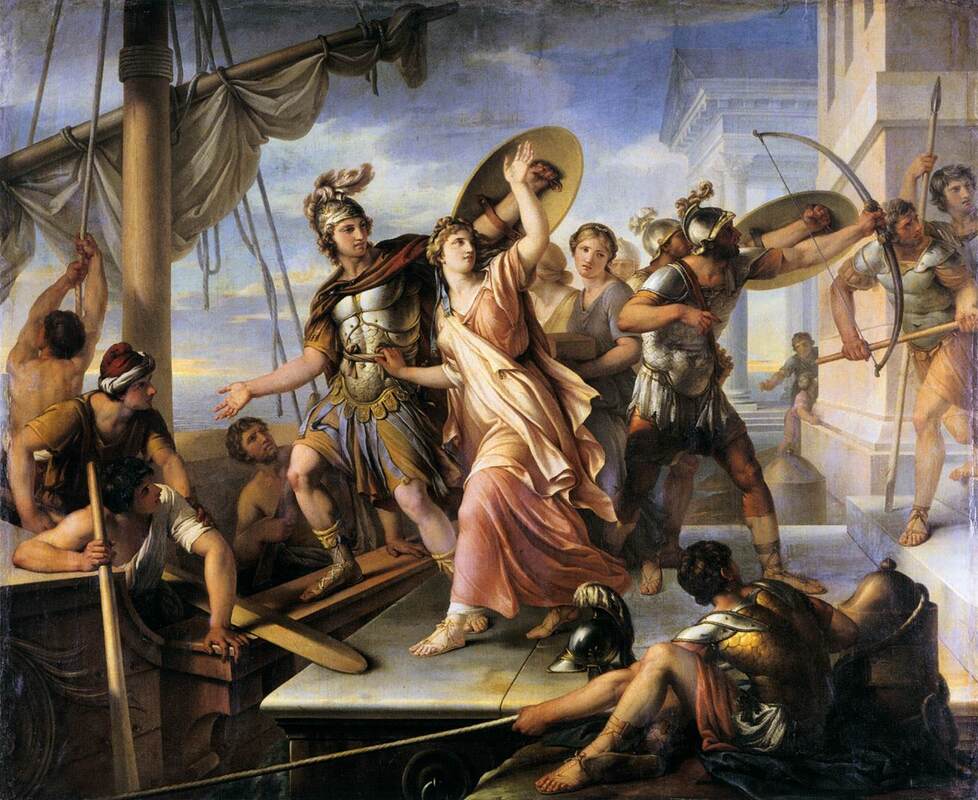
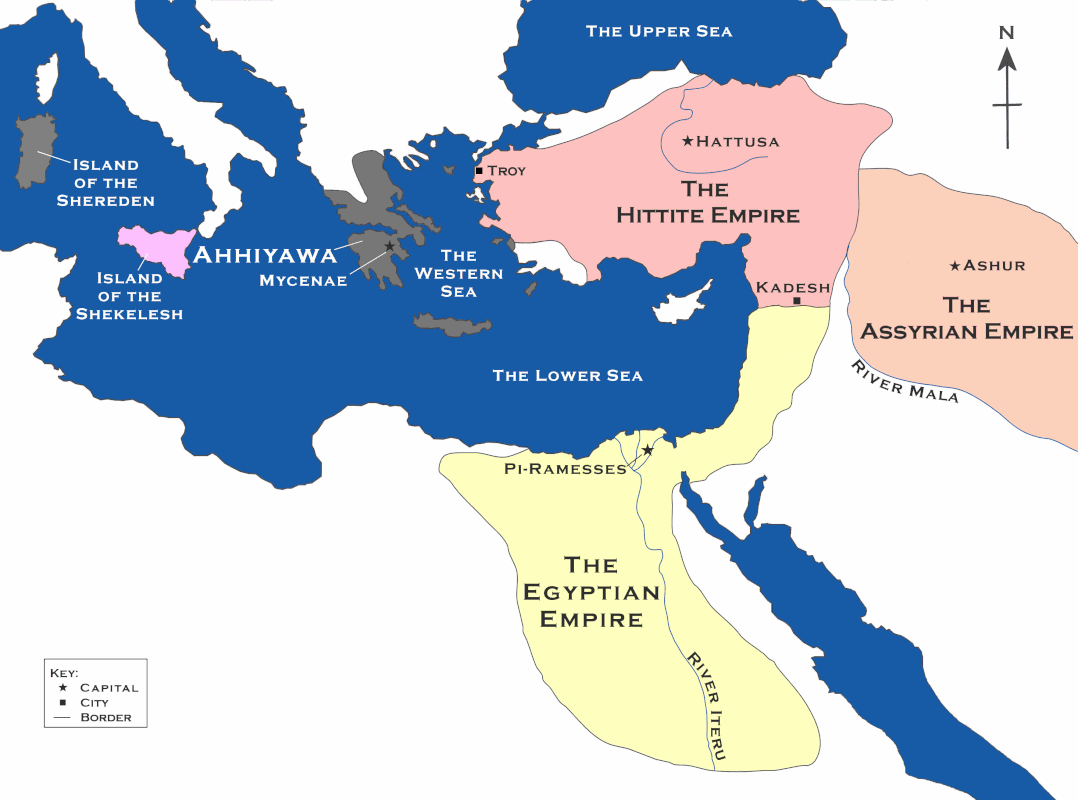
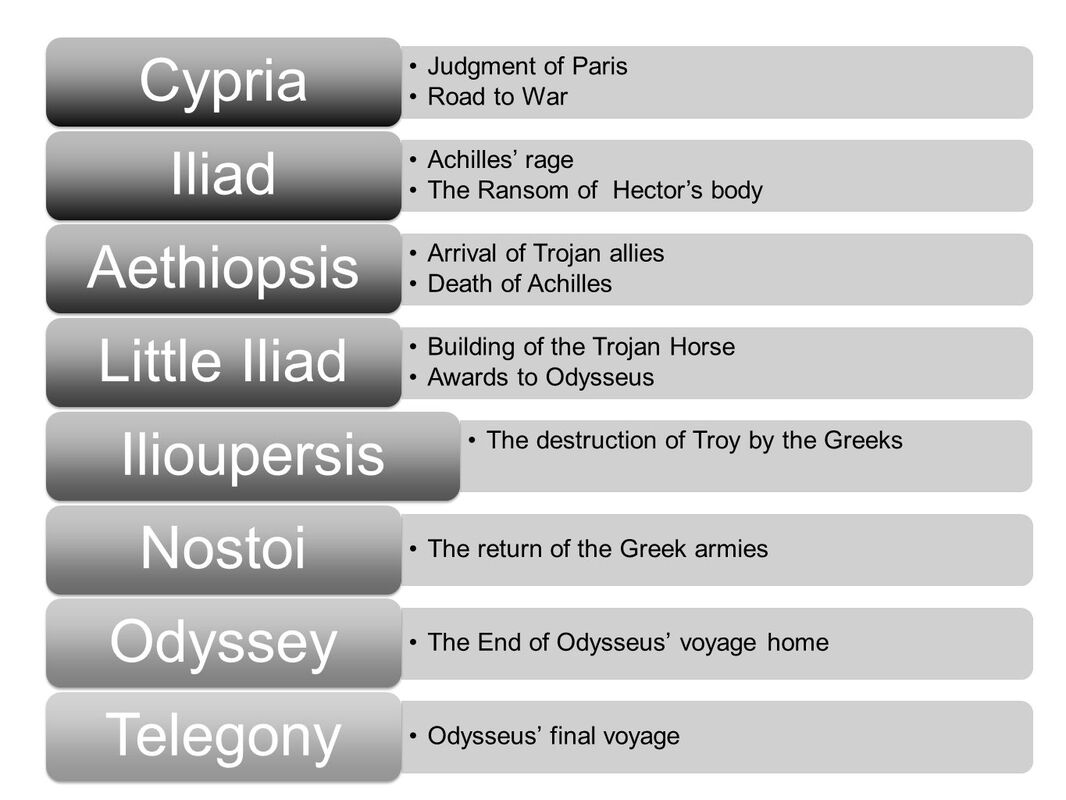
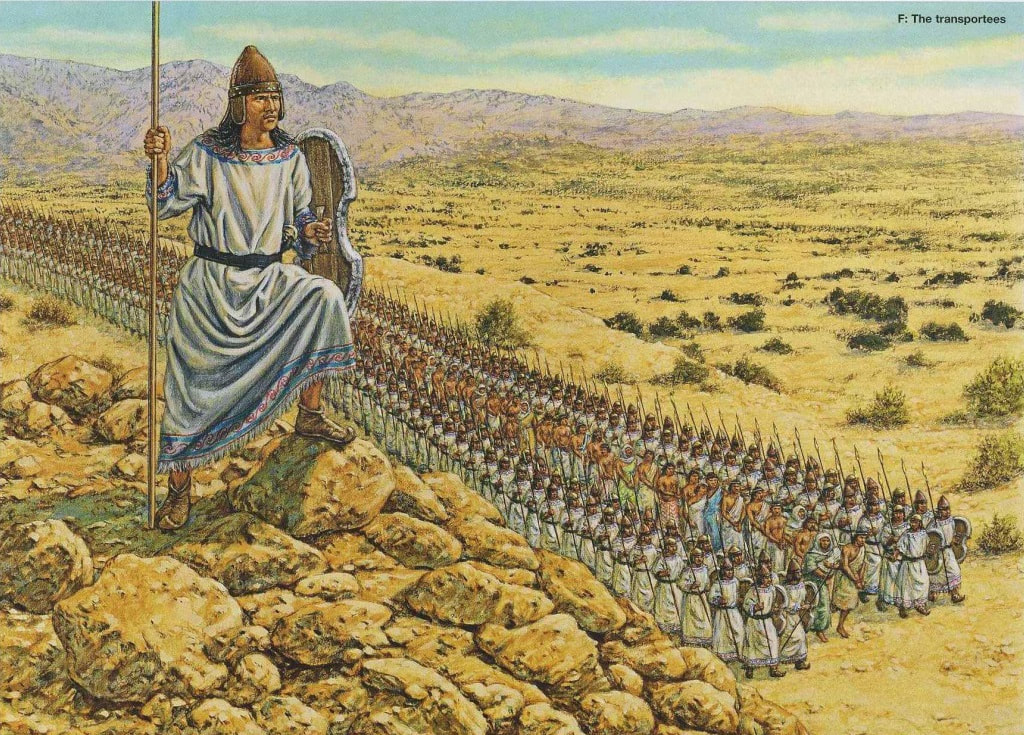
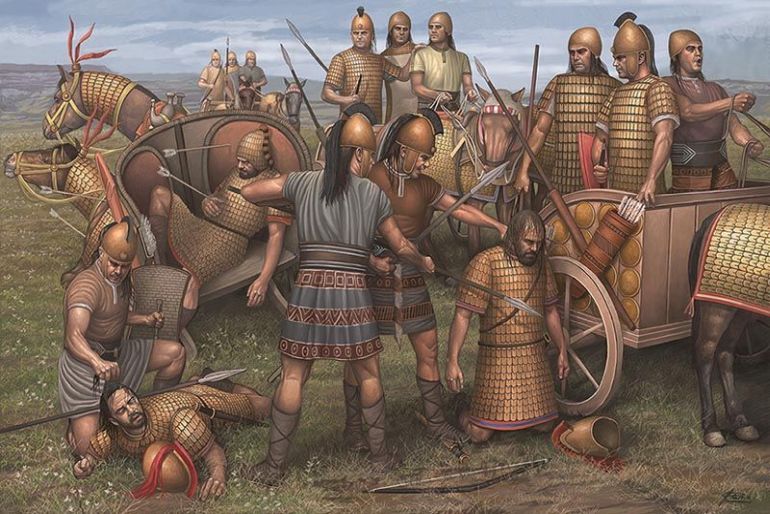

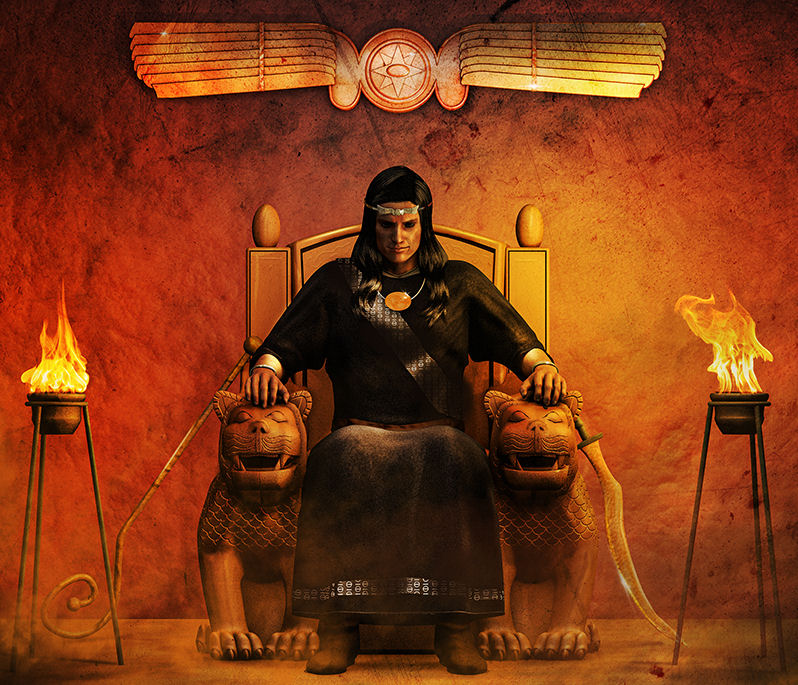
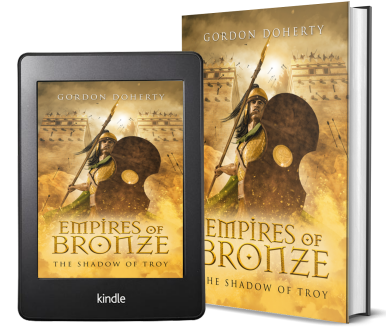


 RSS Feed
RSS Feed